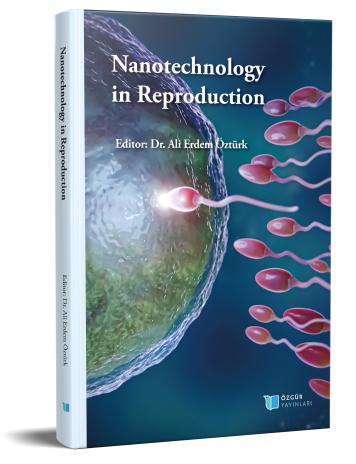
Nanoparticles as Food Additives and their Possible Effects on Male Reproductive Systems
Şu kitabın bölümü:
Öztürk,
A.
E.
(ed.)
2023.
Reprodüksiyonda Nanoteknoloji.
Özet
Nanoparticles (NPs) are substances that are used in many fields, especially in antimicrobial and food additives. Consumable nanoparticles, also known as food nanoparticles, are separated into organic and inorganic nanoparticles. Organic NPs can be classified as proteins, carbonates, phospholipids, and lipids, while inorganic NPs can be classified as silica (SiO2, E571), zinc oxide (ZnO), titanium dioxide (TiO2, E171), iron oxide (Fe2O3, E172), copper (Cu), gold (Au, E175) and silver (Ag, E174). Organic nanoparticles are not long lasting in the body. However, is it possible to make the same claim about inorganic nanoparticles? Inorganic nanoparticles are employed as food additives, vitamin supplements, and food packaging in the nutrition of both humans and animals. Food nanoparticles that make products brighter, tastier, more shelf-stable, and more antimicrobially resistant influence the liver, renal, digestive, respiratory, and genital systems once they enter the body. NPs can enter the male genital tract, adversely affect the testicles and sperm, and even affect the hypothalamo-pituitary axis, causing hormonal disorders. The effects of inorganic NPs on testes and spermatozoa vary depending on the diameter and composition of this NPS. Studies with some inorganic NPs show that low doses have positive effects on the antioxidant system and harmful effects occur when their concentrations are increased, while some have toxic effects even at very low concentrations. Given all of this information, might consumable nanoparticles be one of the causes of rising male infertility? The aim of this review is to explain how nanoparticles affect the male genital system and sperm quality and to provide insights into whether they might be one of the factors contributing to male infertility.

